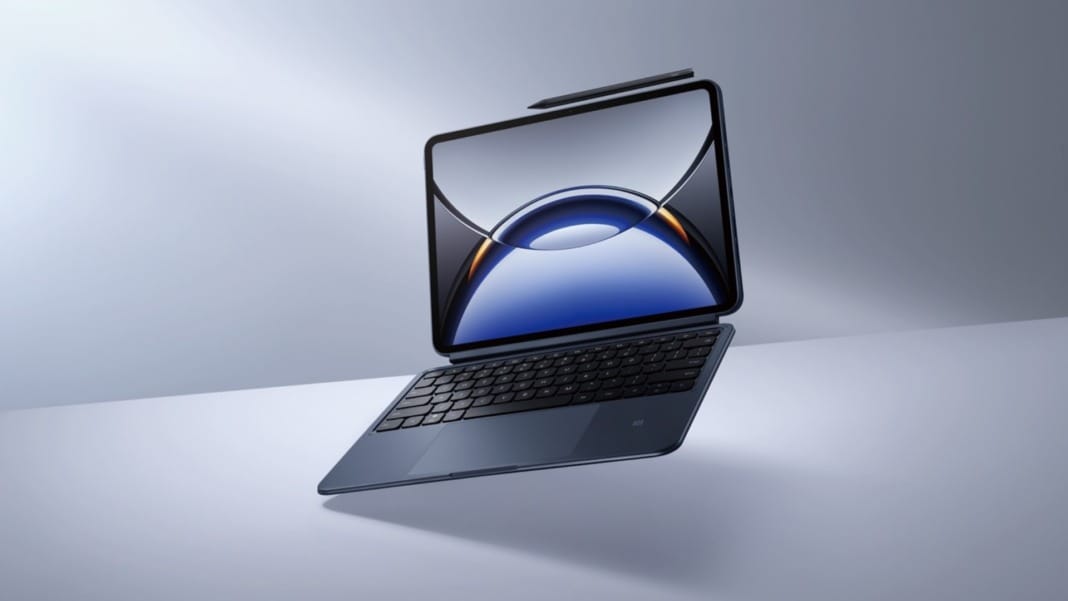OpenAI’s latest developments mark a major step into the robotics and consumer hardware space as the company pushes to integrate artificial intelligence into everyday physical environments. In a significant move, Caitlin Kalinowski, the former head of hardware at Oculus VR, was appointed on Tuesday to lead OpenAI’s new robotics and consumer hardware team.
Caitlin Kalinowski joins OpenAI’s robotics and hardware team
Caitlin Kalinowski’s extensive experience in hardware engineering, particularly from her role at Oculus VR, positions her well to steer OpenAI’s ambitions beyond software and into AI-powered devices. “OpenAI and ChatGPT have already changed the world, transforming how people gather and use information, with profound benefits worldwide,” Kalinowski shared on LinkedIn. “AI represents the most exciting engineering challenge in tech right now, and I’m thrilled to join this team.”
I’m delighted to share that I’m joining @OpenAI to lead robotics and consumer hardware!
— Caitlin Kalinowski 🇺🇸 (@kalinowski007) November 4, 2024
In my new role, I will initially focus on OpenAI’s robotics work and partnerships to help bring AI into the physical world and unlock its benefits for humanity. pic.twitter.com/rRDliUmO6y
With a clear focus on AI-powered robotics, Kalinowski’s new role differs from attempts like the Humane Pin and Rabbit R1, which didn’t gain widespread appeal. Her statement suggests OpenAI’s intent to bridge the digital and physical worlds, making AI practical and impactful for real-life applications. As she shared in a post on X (formerly Twitter), “In my new role, I will initially focus on OpenAI’s robotics work and partnerships to help bring AI into the physical world and unlock its benefits for humanity.”
Visionary partnerships with industry legends
The idea of consumer hardware powered by OpenAI’s advanced language model excites tech enthusiasts and AI developers alike. Kalinowski’s experience includes her recent work as the head of AR Glasses at Meta, where she played a key role in the development of Orion, the first fully holographic AR glasses. Her background in AR hardware may hint at the types of projects she could lead at OpenAI.
Another high-profile figure rumoured to collaborate with OpenAI is Jony Ive, Apple’s former Chief Design Officer. Ive, a renowned designer behind iconic products like the iPhone, is said to be working with OpenAI on an undisclosed AI hardware project. According to a report by The New York Times, the project aims to create a new computing device powered by generative AI, offering possibilities beyond traditional software. Ive’s design team is reportedly small, including Tang Tan and Evans Hankey, who were instrumental in Apple’s historic product designs. Ive is reportedly leading this new device’s design efforts, with OpenAI hoping to combine cutting-edge AI with consumer-friendly hardware.
While details remain scarce, the project could signal a new era in AI-driven devices that integrate seamlessly into people’s lives, like smartphones and personal computers.
OpenAI’s broader hardware and infrastructure strategy
OpenAI’s hardware pursuits go beyond consumer devices. Earlier in the year, CEO Sam Altman revealed a visionary yet controversial US$7 trillion plan to build a series of foundries dedicated to producing custom AI chips. However, this plan received pushback from major chip manufacturer TSMC, which reportedly dismissed Altman’s ideas. Despite this setback, OpenAI quickly pivoted and secured a collaboration with Broadcom in late October to create its chips. Additionally, OpenAI announced plans to expand its computing infrastructure with AMD and Nvidia hardware to support its rapidly growing AI operations.
Through these partnerships, OpenAI aims to secure the processing power and resources needed to advance software and hardware innovation. This approach illustrates the company’s long-term commitment to extending AI capabilities across various sectors, making AI a digital tool and a physical one that could redefine how we interact with technology in daily life.
Kalinowski’s addition to the team and partnerships involving influential figures like Jony Ive underlines OpenAI’s determination to bring transformative, AI-driven products to market. By converging AI advancements with consumer hardware, OpenAI is betting on a future where artificial intelligence isn’t just a background tool but a core part of the physical spaces we live and work in. As Kalinowski continues to shape OpenAI’s vision, her expertise could steer the company into an era where AI becomes truly tangible for everyone.





